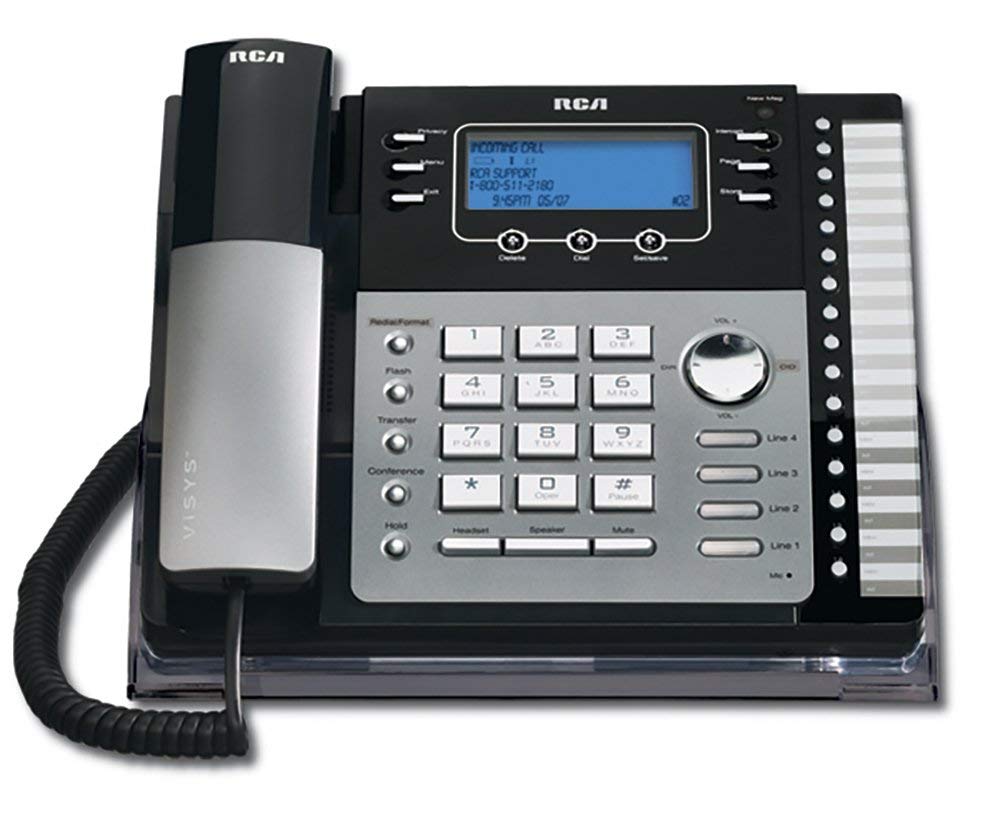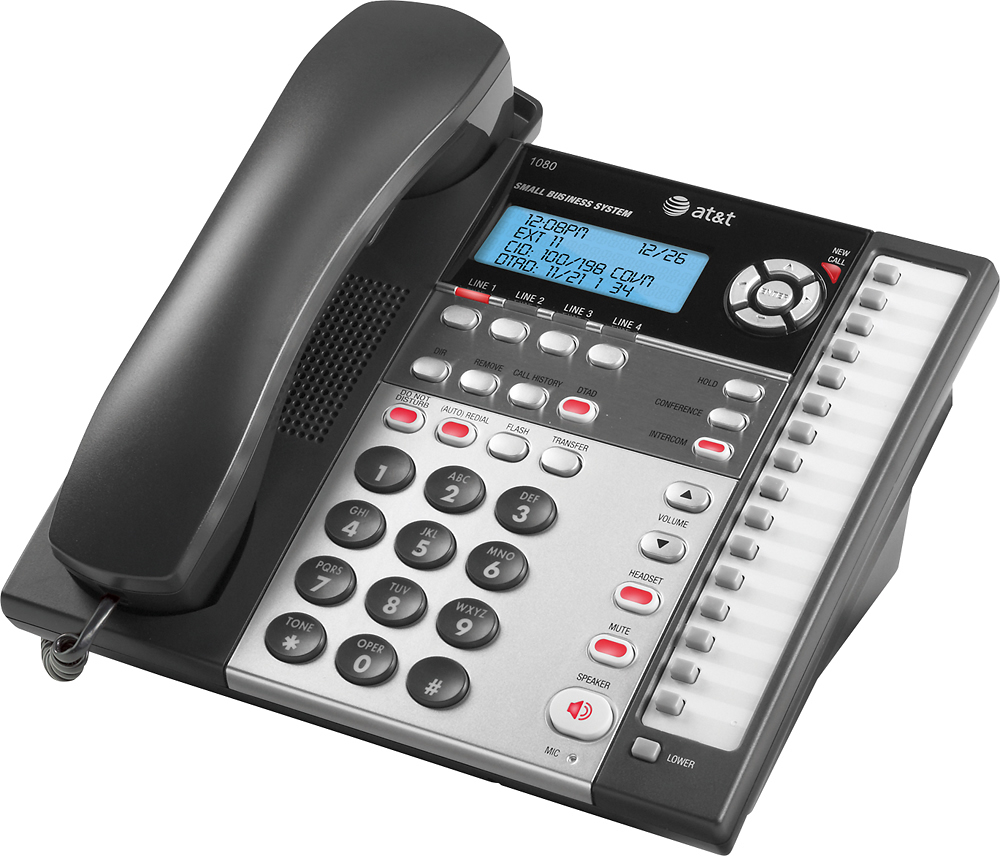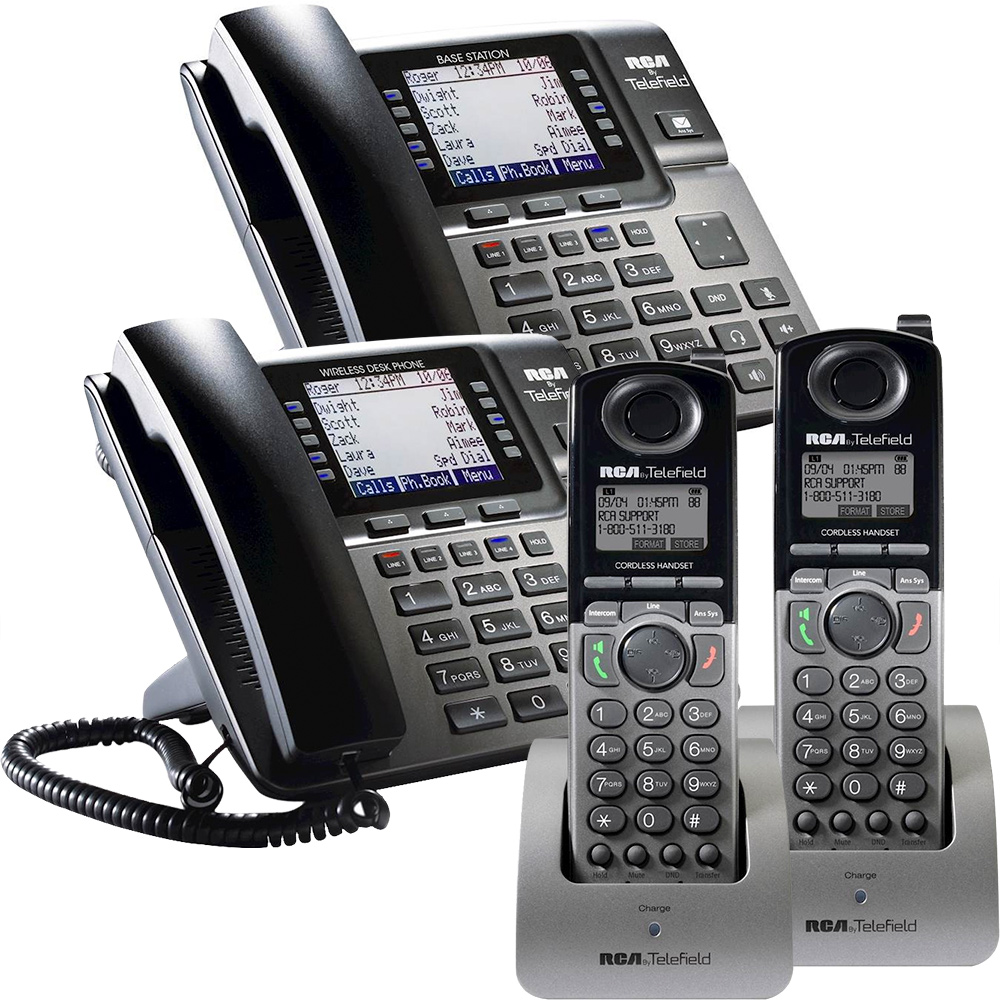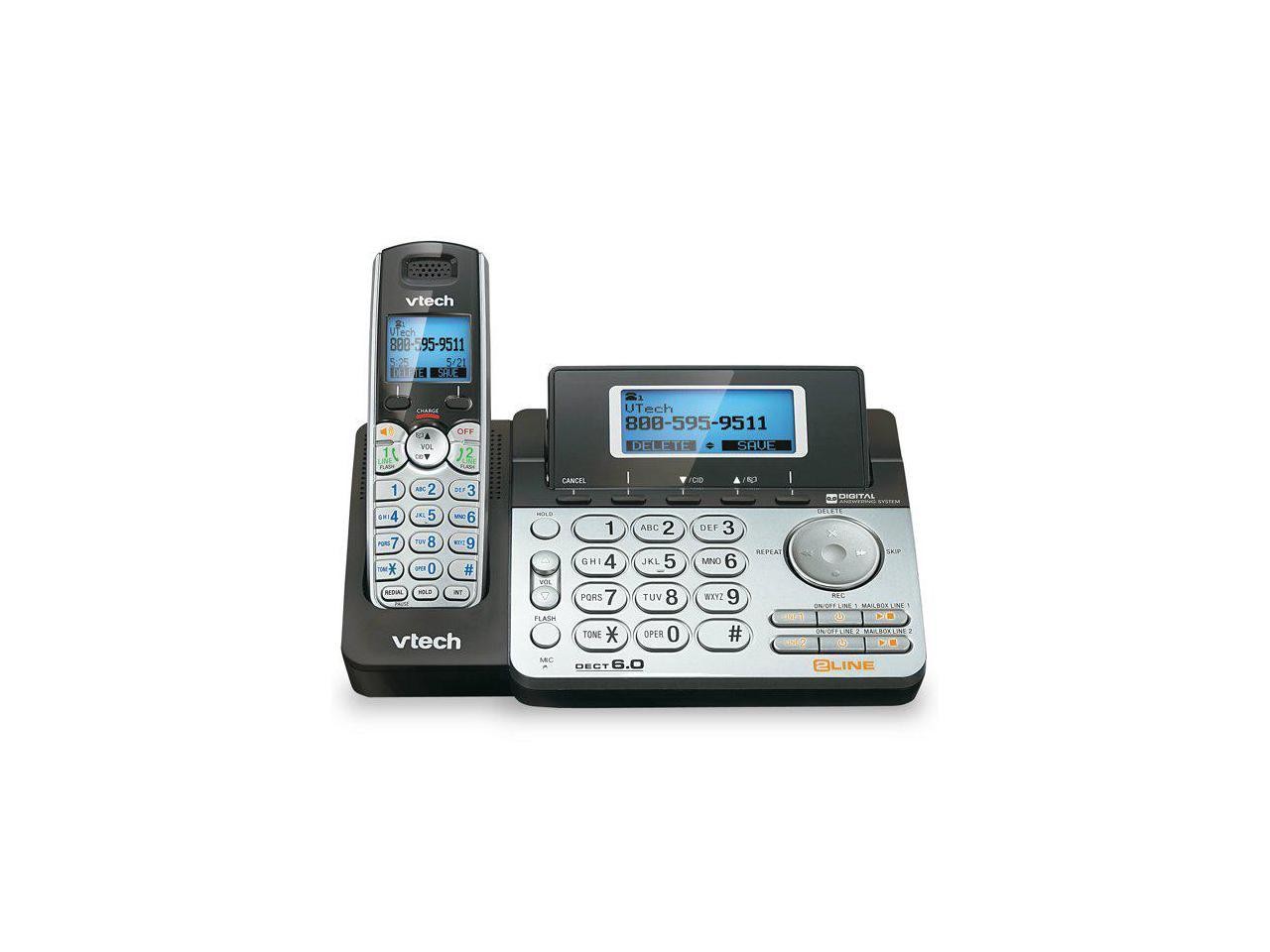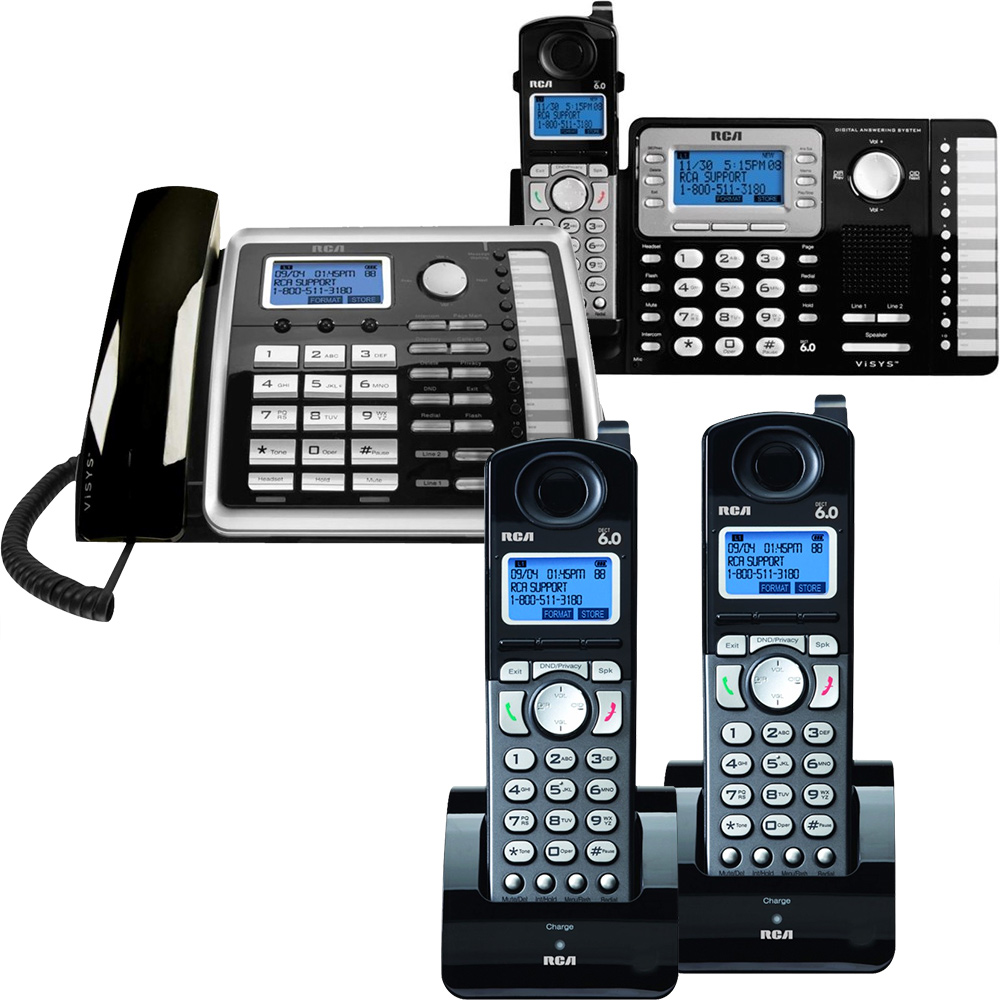Digital Telephone Systems For Small Business

Small businesses are facing a communication revolution: traditional phone lines are rapidly becoming obsolete. Upgrading to a digital telephone system is no longer a luxury, but a necessity for survival.
This article cuts through the jargon, providing a clear, urgent overview of why and how small businesses must transition to digital phone systems to remain competitive in today's fast-paced market. The shift impacts operational efficiency, customer satisfaction, and bottom lines. Here's what you need to know, now.
The Urgent Need for Digital Transformation
The Public Switched Telephone Network (PSTN), the infrastructure supporting traditional landlines, is being phased out. Major carriers are sunsetting their services, leaving businesses with unreliable and increasingly expensive options.
According to a 2023 report by Grand View Research, the global VoIP (Voice over Internet Protocol) market, a key component of digital phone systems, is expected to reach $102.9 billion by 2028. This indicates a massive shift already underway, leaving late adopters at a distinct disadvantage.
Key Benefits of Digital Phone Systems
Digital phone systems, often utilizing VoIP technology, offer significant advantages over traditional landlines. These include cost savings, enhanced features, and improved scalability.
Cost Reduction: VoIP systems significantly reduce monthly phone bills. Calls are routed over the internet, eliminating per-minute charges and long-distance fees associated with traditional phone service. Some studies suggest savings of up to 60%.
Advanced Features: Digital systems offer a suite of features unavailable with traditional phones. These include call forwarding, voicemail-to-email, automated attendants, and integrated video conferencing. These tools enhance productivity and customer service.
Scalability and Flexibility: Digital phone systems are easily scalable to accommodate business growth. Adding new lines or features is quick and simple, without the need for expensive hardware upgrades. Businesses can also easily integrate mobile devices, enabling employees to stay connected from anywhere.
Understanding VoIP and Cloud-Based Solutions
VoIP is the core technology behind most modern digital phone systems. It converts voice signals into digital data that can be transmitted over the internet.
Cloud-based solutions offer further advantages by hosting the phone system infrastructure in the cloud. This eliminates the need for expensive on-site hardware and reduces IT maintenance costs. Gartner predicts that by 2025, 80% of enterprises will have adopted a unified communications-as-a-service (UCaaS) solution, a category that includes cloud-based phone systems.
Choosing the Right System for Your Business
Selecting the right digital phone system requires careful consideration of your business's specific needs. Factors to consider include the number of employees, call volume, required features, and budget.
Several reputable providers offer solutions tailored to small businesses. Research providers like RingCentral, 8x8, and Vonage to compare features and pricing. Look for systems that offer user-friendly interfaces and comprehensive support.
Don't neglect security. Ensure the system offers robust security features, including encryption and fraud prevention measures, to protect sensitive communications. Data breaches related to unsecure VoIP systems are on the rise, emphasizing the importance of security protocols.
Immediate Action Required
The window for transitioning to digital phone systems is closing rapidly. Procrastinating the inevitable will result in higher costs, limited functionality, and potentially service disruptions.
Assess your current phone system and identify your business's specific communication needs. Research available digital phone system options and compare providers to find the best fit. Schedule a consultation with a provider to discuss implementation and training.
The future of business communication is digital. Prepare your business now to thrive in this new era, or risk being left behind. The time to act is not tomorrow. It's today.
